
Modern horses have a very different lifestyle to that of their ancestors. Even 50 years ago horses led very different lives to the ones today. Horses used to live on the plains in herds and foraging for grass continuously. But, for most of today's modern horses it is a very different scenario.
Though some horses do still wander about in paddocks many are now housed in stalls and don't have access to grass all day long. This change in eating pattern is the culprit of much colic. Colic is really a term to describe a horse's stomach pain. While there are lots of causes of colic a main source is feed.
The horse's stomach is very unique and in many ways sensitive. The horse's stomach is very small and is designed for multiple small meals or continuous eating and not the standard two large feeds we give them today.
Horses are no longer wild nor the work machines they were of yester year, we now keep horses as companion animals or show animal. And so, we tend to maintain them in stalls and so they are no longer able to graze. Whilst many horses have adapted to this modern living very well and will never get colic other horses are not so lucky.
Colic is one of the most frequent ailments that horse owners have to deal with and while mostly it is just a mild discomfort to the horse, sometimes it can prove fatal.
What happens is that instead of a constant small stream of food the horse's stomach is confronted with a rapid ingestion of a large amount of food. Horses can't tell when they are full and so will eat it all at once (hmmm sounds like a few humans I know). This rapid intake of food tends to shock the digestive system. As the stomach becomes over full, the 'good' bacteria that metabolizes the food die. Because the microbes are no longer available to break down the food it just tends to lie in the stomach and produce toxins. As these toxins build up in the horse's system the horse will start to become uncomfortable and show signs of colic.
Your horse may just look a bit uncomfortable and not be himself. He may start a fever and get up and down several times. This is a sure sign of colic. As soon as you notice any signs of colic, contact your veterinarian. The generally accepted treatment is to keep walking your horse around until the vet arrives. As the pain intensifies your horse may want to lie down and roll. It is most important that you do not let your horse roll. Rolling can cause the gut to twist and this is a serious internal problem often requiring surgery.
We hope your horse never has colic, but just in case you now know what to look for and what to do.
Happy Horsing
Jo Thompson
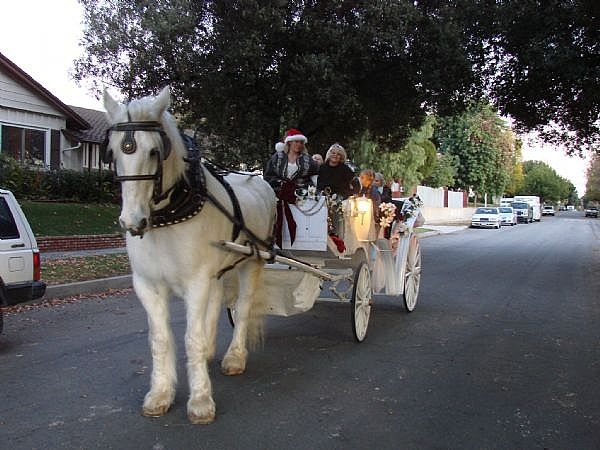 How to Harness a Horse
How to Harness a Horse
How to Harness
How to Harness a Horse
How to Harness a Horse
How to Harness
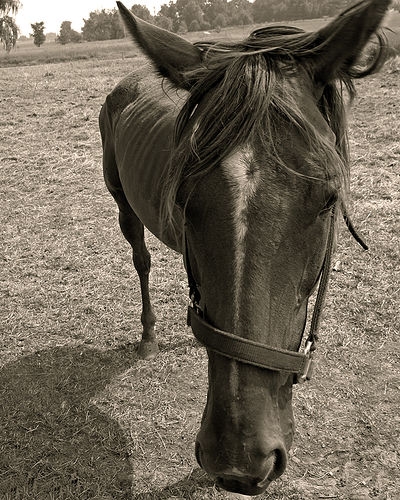 How to Put Weight on a Horse in Poor Condition
How to Put Weight on a Horse in Poor Condition
How to Put Weight on a Horse in Poor Condition
How to Put Weight on a Horse in Poor Condition
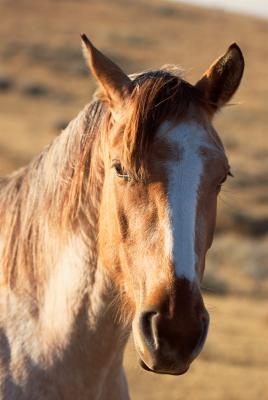 How to Make an Underweight Horse Fat Again
How to Make an Underweight Horse Fat Again
How to Make an Underweight Horse Fat Again
How to Make an Underweight Horse Fat Again
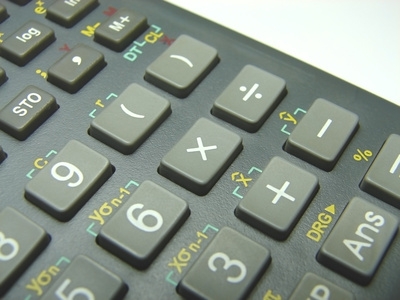 How to Calculate How Much to Feed a Horse
How to Calculate How Much to Feed a Horse
How to Calculate How Much to Feed a Horse
How to Calculate How Much to Feed a Horse
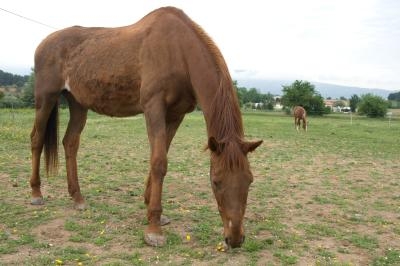 How to Fatten an Underweight Horse Safely
How to Fatten an Underweight Horse Safely
How to Fatten an Underweight Horse Safely
How to Fatten an Underweight Horse Safely
Copyright © 2005-2016 Pet Information All Rights Reserved
Contact us: www162date@outlook.com